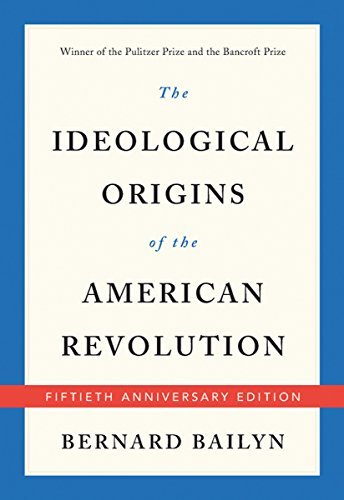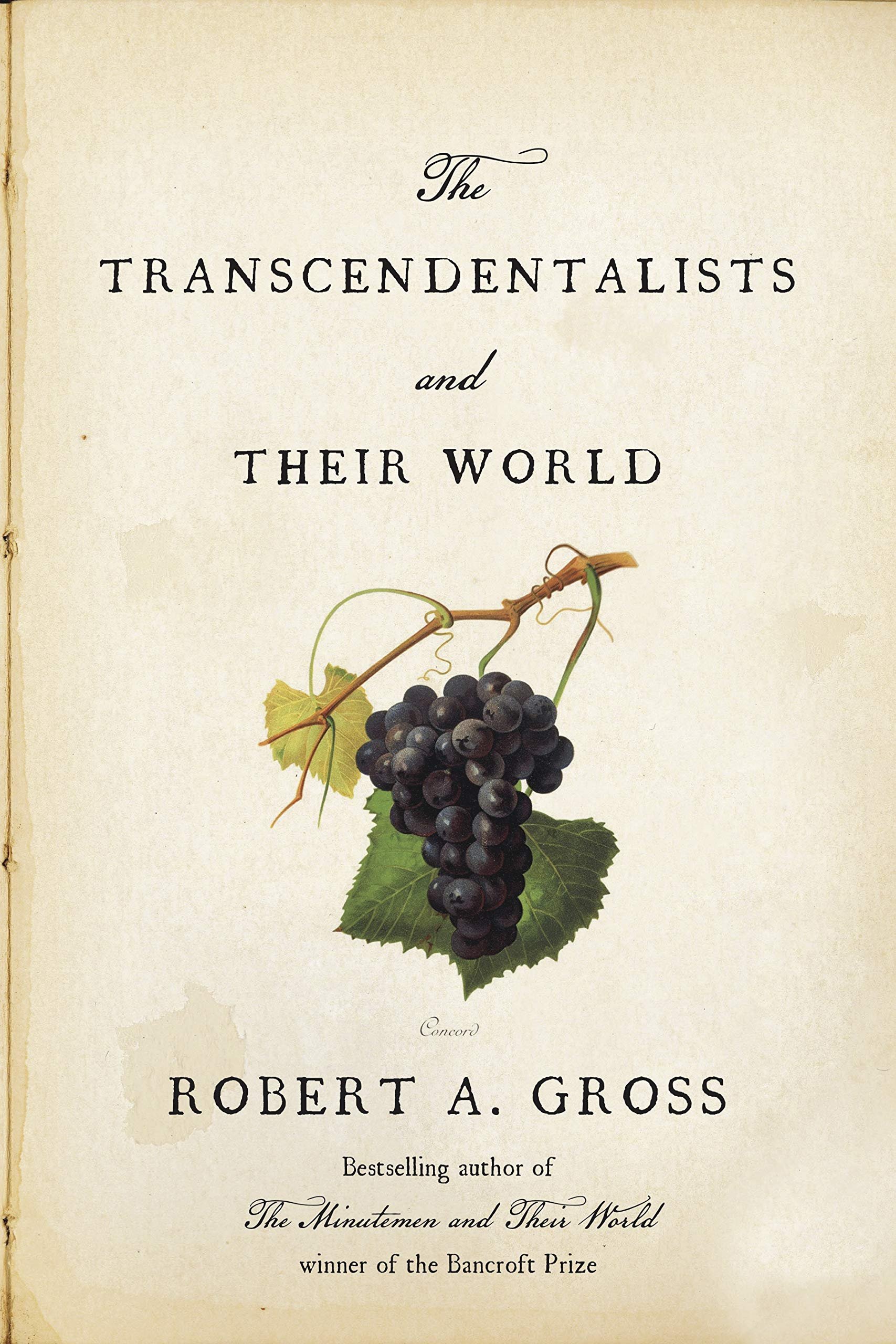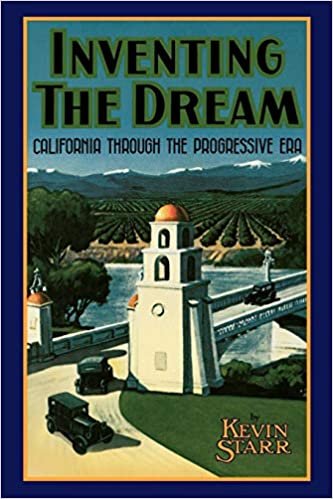▪ INNERMOST HOUSE® ▪
A DEEPER HOME
Ralph Waldo Emerson, “Experience”
THE OLD GROWTH INITIATIVE
And the man or woman who would have remained a sunny garden-flower, with no room for its roots and too much sunshine for its head, by the falling of the walls and the neglect of the gardener,
What are the conditions of elder wisdom? Nature, learning, and life-experience first, refined at length by intelligence and sensibility, love and loss, suffering and reflection to the seasoned complexity of the mature human soul. Such a wisdom of completeness precedes and succeeds all distinctions of culture, age, race, and gender. Its wholeness dissolves all categories of partiality. Its complexity comprehends all degrees of diversity. It is generous. It is just. “It gives what it hath and all that it hath.” It is the final stage in the heroic development of human nature, the “rounded complete grace” of a shining course come full circle.
In the woods, we return to reason and faith.
Our Initiative takes seed and root in that shadow world of deep time, for wisdom does not mature under the noon-day sun of youth. It is first at home in the most complex ecosystems on earth: in the canopy of old growth forests the world over. It cultivates as its heartwood and core the most complex organic structure we know to exist in the universe: the individual human mind. To the old growth complexity and infinite resource of the solitary human being, then, we look for our deliverance.
The Individual is the World
Else would this stone be standing maimed and short
“The only gift is a portion of thyself.”
IMAGES
“Annual Growth Rings of a Tree and Cracks” Taner Muhlis
”Autumn Forest Ancient Tree” Den Belitsky
”Path Through Giant Trees” Jonathan Schultz
”Milky Way Galaxy behind Ancient Bristlecone Pine Forest” Michael at Adobe Stock
QUOTATIONS
”In the solitude to which every man. . .” Ralph Waldo Emerson, “Experience”
”We must be very suspicious. . .” Ralph Waldo Emerson, “Experience”
”And the man or woman. . .” Ralph Waldo Emerson, “Compensation”
In the woods, we return. . . “ Ralph Waldo Emerson, Nature
”And this is the reward. . .” Ralph Waldo Emerson, “The Poet”
”Else would this stone be standing. . .” Rainer Maria Rilke, “On an Archaic Bust of Apollo” as translated by M.D. Herter Norton
”The only gift. . .” Ralph Waldo Emerson, “Gifts”













